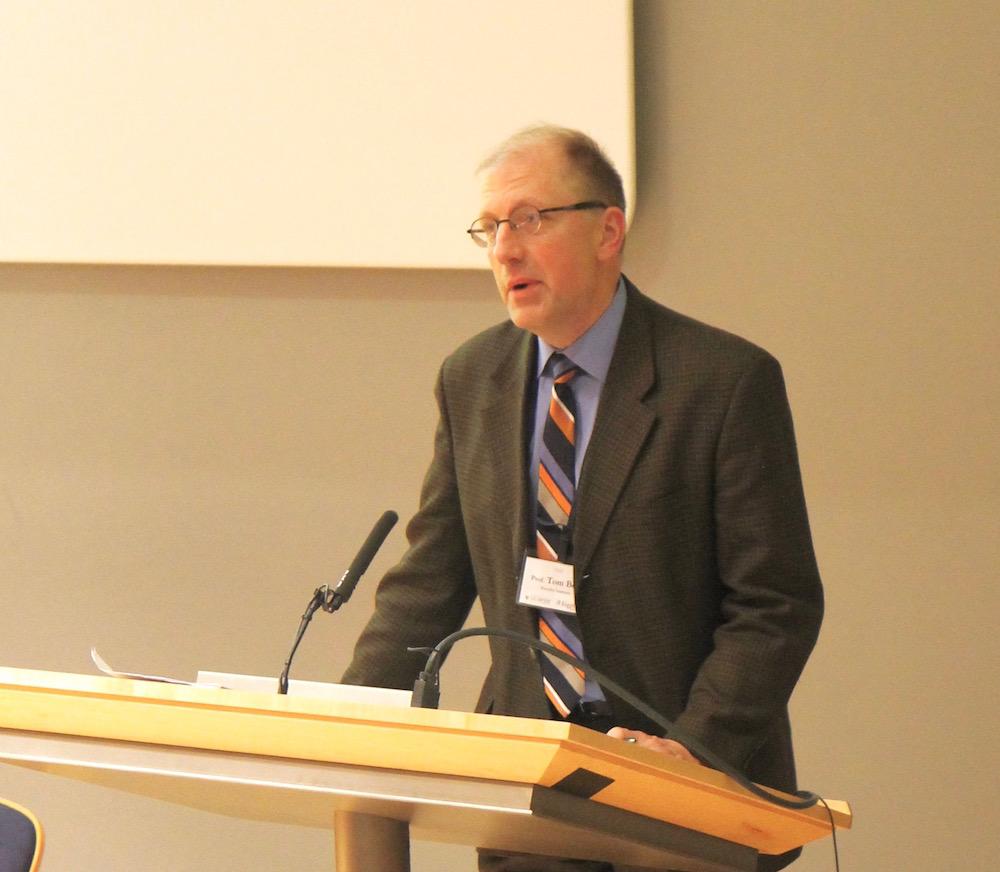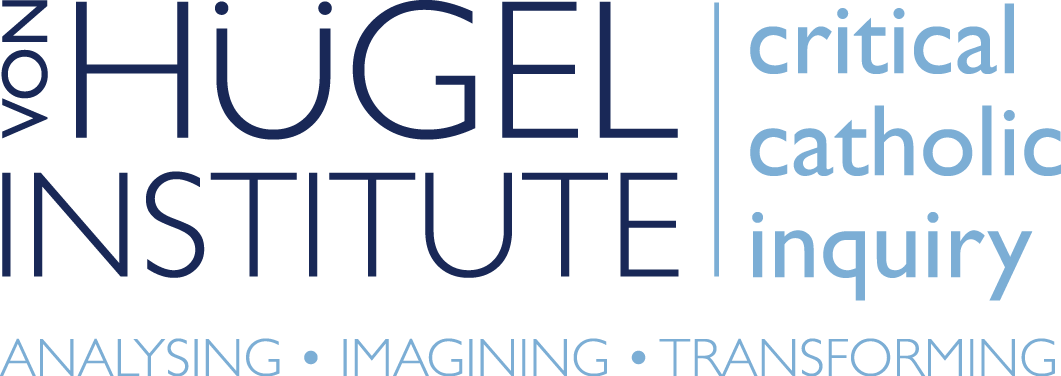
Professor Tom Berg has published a highly recommended, detailed reflection on the findings of our 'Patents on Life' conference, which took place last September here in Cambridge. Professor Berg teaches in the School of Law at the University of St Thomas in Minnesota, and co-chaired the conference, which was jointly organised and run with the help of the Terrence J. Murphy Institute for Catholic Thought, Law and Public Policy, based at St Thomas.
You can read Professor Berg's full piece, entitled 'Playing God? Moral Arguments on Patents on Life', here, and we reproduce his conclusions below:
"The Cambridge conference showed how religious thought can make valuable contributions to debates over patents on life. Catholicism is well suited for these conversations, with its bedrock commitment to the dignity of human life, its history of reflection on the purposes and limits of private property, and its global network of institutions serving the poor and vulnerable. The conference brought together leading voices from both religious and secular spheres. At a coffee break, one might see Archbishop Silvano Tomasi, the Holy See’s permanent observer to world organizations in Geneva, conversing with a patent judge, legal scholar or biotechnology lawyer.
"The conference also showed that the relationship between life patents and human dignity is complex. One cannot simplistically dismiss all patents in the genetic area as “playing God.” Christianity calls for us not to leave nature alone, but to exercise stewardship for the common good: as Pope Francis wrote in his recent environ- mental encyclical, “The modification of nature for useful purposes has characterized the human family from the beginning.” Biotechnology can surely promote human dignity by producing new medicines and therapies; patents can provide important incentives for such innovations. And patent law, when properly interpreted, does not confer ownership over human life. It confers only a limited control over artificially created substances that correspond to a short, specific portion of the genome – arguably analogous to a patent on a form of artificial hip or heart.
"But biotechnology, in the Pope’s words, also gives those with knowledge and economic resources “an impressive dominance over the whole of humanity,” and “nothing ensures that [such power] will be used wisely.” Thus patents related to living things still must be subjected to limits based in morality and the equal dignity of all persons. That means first (as all our conference speakers emphasized) that governments must continue to ban patents on natural products and processes, on human beings and on human organs.
"Second, even when biotechnology patents are appropriate, the effects of such technologies must be regulated to ensure they produce benefits, not harms. Some of these measures will be necessary to ensure that everyone has sufficient access to vital innovations. For example, if patents promote beneficial but expensive medicines and treatments, society must take steps to ensure that those benefits are available to the poor, not just the wealthy. (Ensuring access for poor might come through strengthening the public-health system, if not through directly limiting patent rights.) Other regulations are needed to prevent other potential harms from biotechnology, such as terrorist uses of dangerous new viruses, or discrimination based on genetic traits in employment, insurance and other contexts. And indigenous peoples in general, and farmers in particular, should be protected from abusive practices by multinational biotechnology companies."


